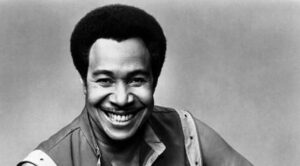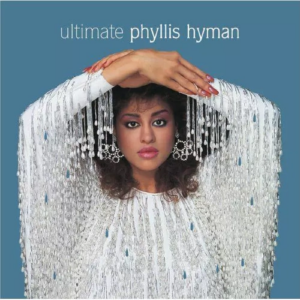Norman Whitfield stands as one of the most influential figures in the Motown music era, renowned for his innovative production techniques and groundbreaking contributions to the genre of psychedelic soul and funk.
Whitfield’s career began to take shape when he joined Motown Records in 1962, initially as a songwriter and producer. Whitfield’s early years at Motown saw him crafting hits for artists like Marvin Gaye and the Marvelettes. However, it was his work with Motown’s flagship male group, the Temptations, that truly cemented his legacy.
In the late 1960s, Whitfield transformed the sound of the Temptations from the smooth soul style of Smokey Robinson’s production, into a more socially conscious and sonically adventurous direction. His collaboration with lyricist Barrett Strong yielded some of the most iconic tracks of the era. Songs like “Cloud Nine,” “I Can’t Get Next to You,” and “Ball of Confusion (That’s What the World Is Today)” showcased a fusion of soul, funk, and rock, encapsulating the turbulence and experimentation of the late 1960s.
Into the early 70s, Whitfield continued to innovate, displaying his flair for orchestration and expansive soundscapes. Whitfield’s willingness to embrace longer, more complex songs was a departure from the traditional Motown three-minute single format, exemplified by the epic “Papa Was a Rollin’ Stone,” which won three Grammy Awards.
Beyond the Temptations, Whitfield’s influence extended to other Motown acts and beyond as he started his own Whitfield Records label in the mid-70s. He produced hits for Edwin Starr, including the anti-war anthem “War,” as well as The Undisputed Truth. He also guided Rose Royce to success with the soundtrack for the film Car Wash. His ability to blend socio-political commentary with compelling melodies made his work resonate deeply with audiences.
Norman Whitfield passed away on September 16, 2008, leaving an incredible legacy of musical innovation and a tremendous catalog of now classic songs.










